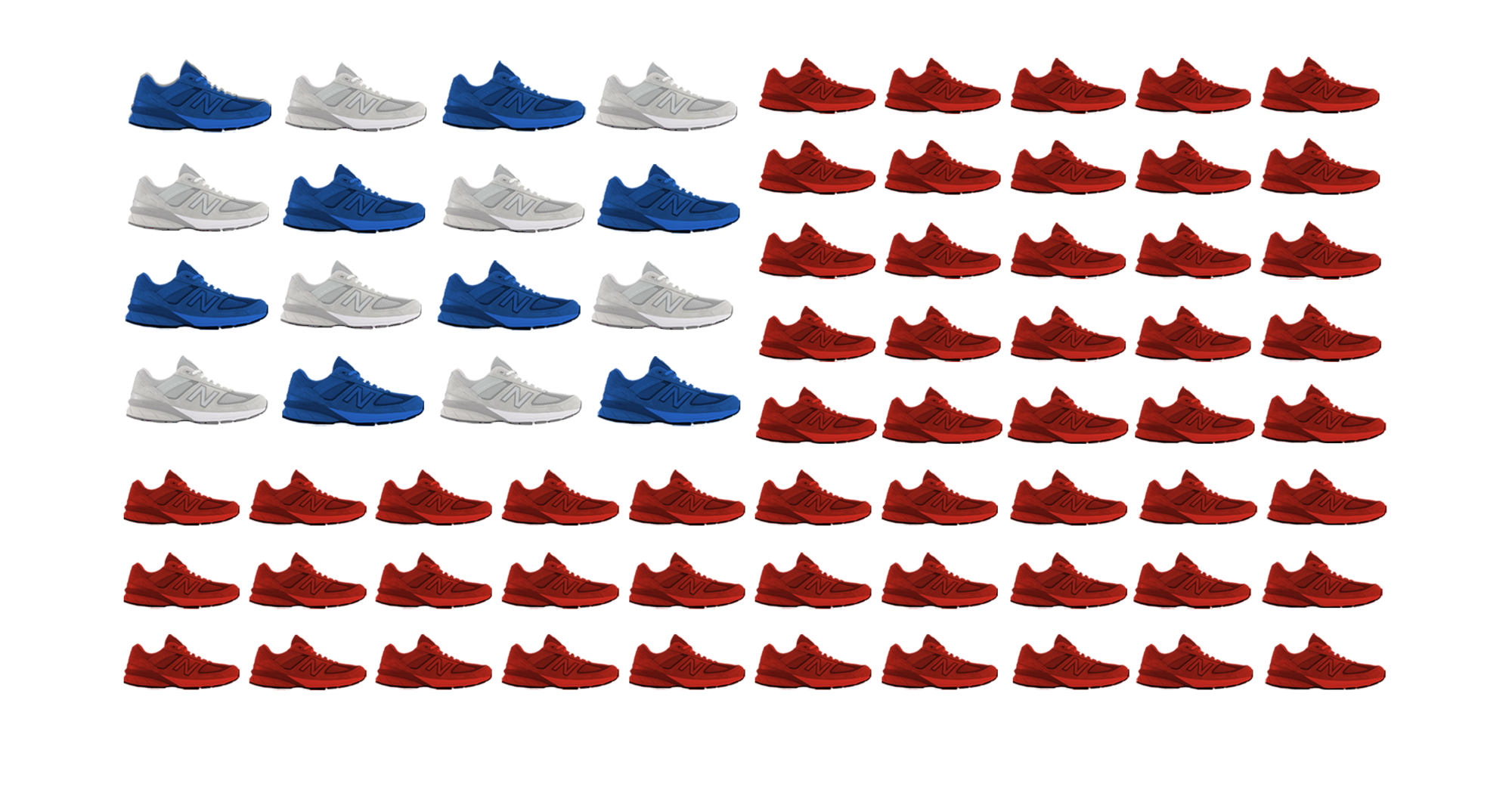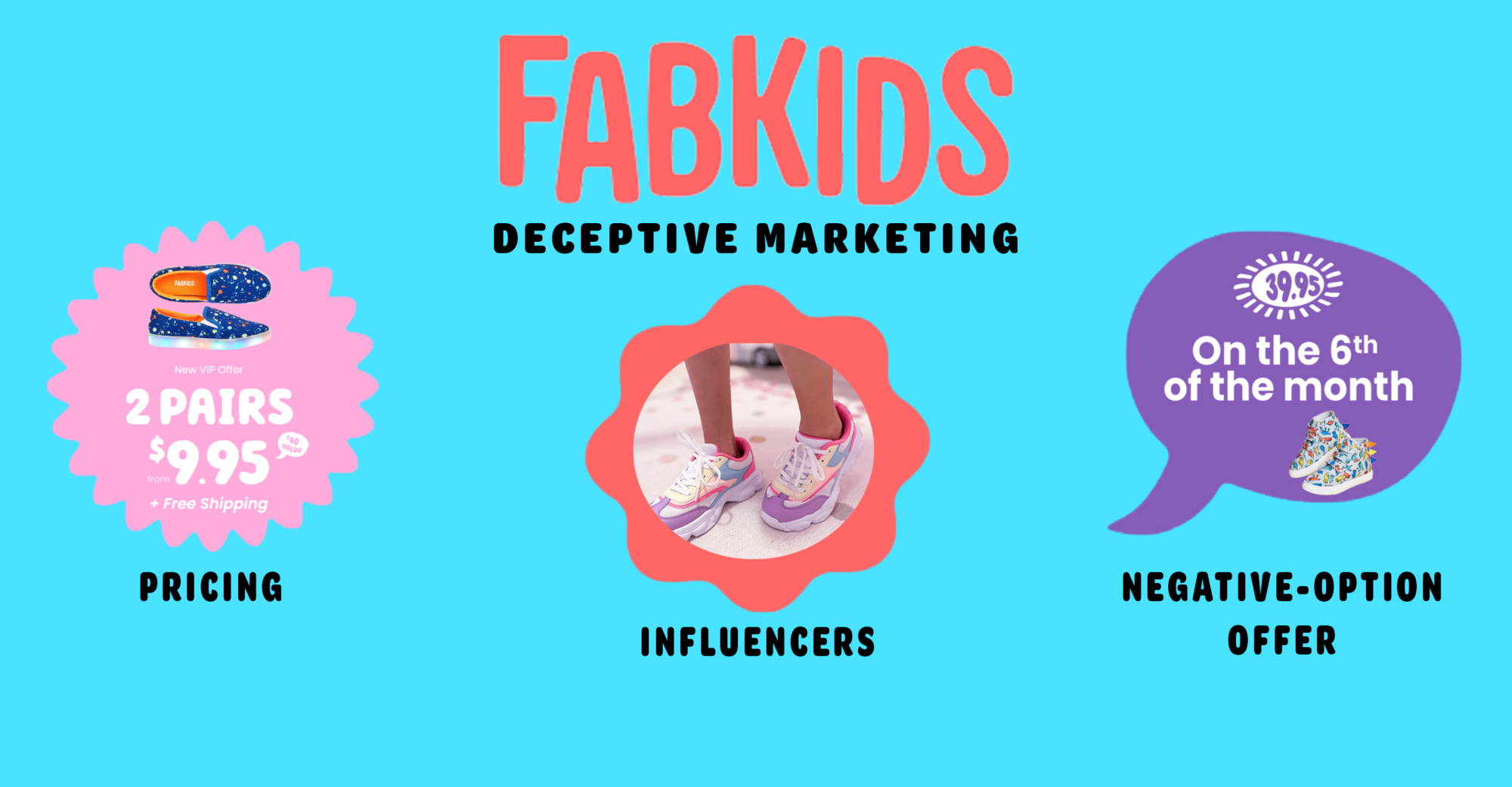MADISON, CONN. Feb. 10, 2020 – Championing female empowerment and sexuality, lingerie company Savage X Fenty, a joint venture between music icon Rihanna and e-commerce company TechStyle, Inc., is a hit with consumers, who reportedly spend more than $175 on average in the 12 months after making their first purchase. But the reason for such large expenditures may not be consumer enthusiasm for the brand’s products. A recent investigation by ad watchdog truthinadvertising.org (TINA.org) has revealed that Savage X Fenty is using a deceptive negative-option offer, which ensnares consumers into unwanted monthly charges.
Savage X Fenty, which operates out of TechSyle’s California headquarters, launched in May 2018 and has been on the fast track to popularity ever since with lingerie designed and promoted by Rihanna. The company has been applauded for using a diverse roster of models of all shapes and sizes to promote its products. But despite its success, the lingerie company has received its fair share of criticism due to numerous consumer complaints about customer service issues, cancelation problems and unauthorized charges.
TINA.org’s investigation found that the company is violating the Restore Online Shoppers’ Confidence Act (ROSCA) and FTC law by deceptively promoting discounts and product prices that are only available to Xtra VIP members who are bound to the terms of the membership; enrolling consumers into a negative-option offer without disclosing all the material terms and conditions of the offer; falsely telling consumers that store credits can be used “whenever they want”; and employing dissuasion and diversion tactics when consumers try to cancel their Savage X Fenty membership.
In addition, the company uses social media influencer ads that fail to adequately disclose the influencers’ material connection to the company. TINA.org collected 70 social media posts by 21 different influencers that deceptively advertise Savage X Fenty products on Instagram and TikTok.
“Unfortunately, Savage X Fenty’s diverse and inclusive marketing campaign is being used to lure unsuspecting consumers into unwanted negative-option offers that they are then having difficulty canceling,” said TINA.org Executive Director Bonnie Patten. “Such deceptive and illegal business practices need to stop immediately.”
Compounding these issues is the fact that TechStyle, which is also the parent company of Fabletics (co-owned by actor Kate Hudson), is bound by a 2014 California Stipulated Judgment that required it to pay $1.8 million to resolve deceptive advertising allegations and permanently prohibits the company from engaging in deceptive negative-option offers. Further, TechStyle co-founder and co-CEO Adam Goldberg was also the co-CEO of the parent company of Sensa Products, LLC, which the FTC sued in 2014 for deceptively marketing the sprinkle-on weight-loss product Sensa, resulting in a $46.5 million judgment and a permanent injunction.
TINA.org has alerted the Federal Trade Commission (FTC) and the District Attorney’s Office in Santa Cruz County, California, to the company’s deceptive marketing and ROSCA violations and is urging each of these agencies to take appropriate action.
In 2016, TINA.org reported the online retailer Adore Me to the FTC, the New York State Attorney General and the Santa Clara County District Attorney for deceptive marketing and ROSCA violations. All three regulators took action and fined the company.


